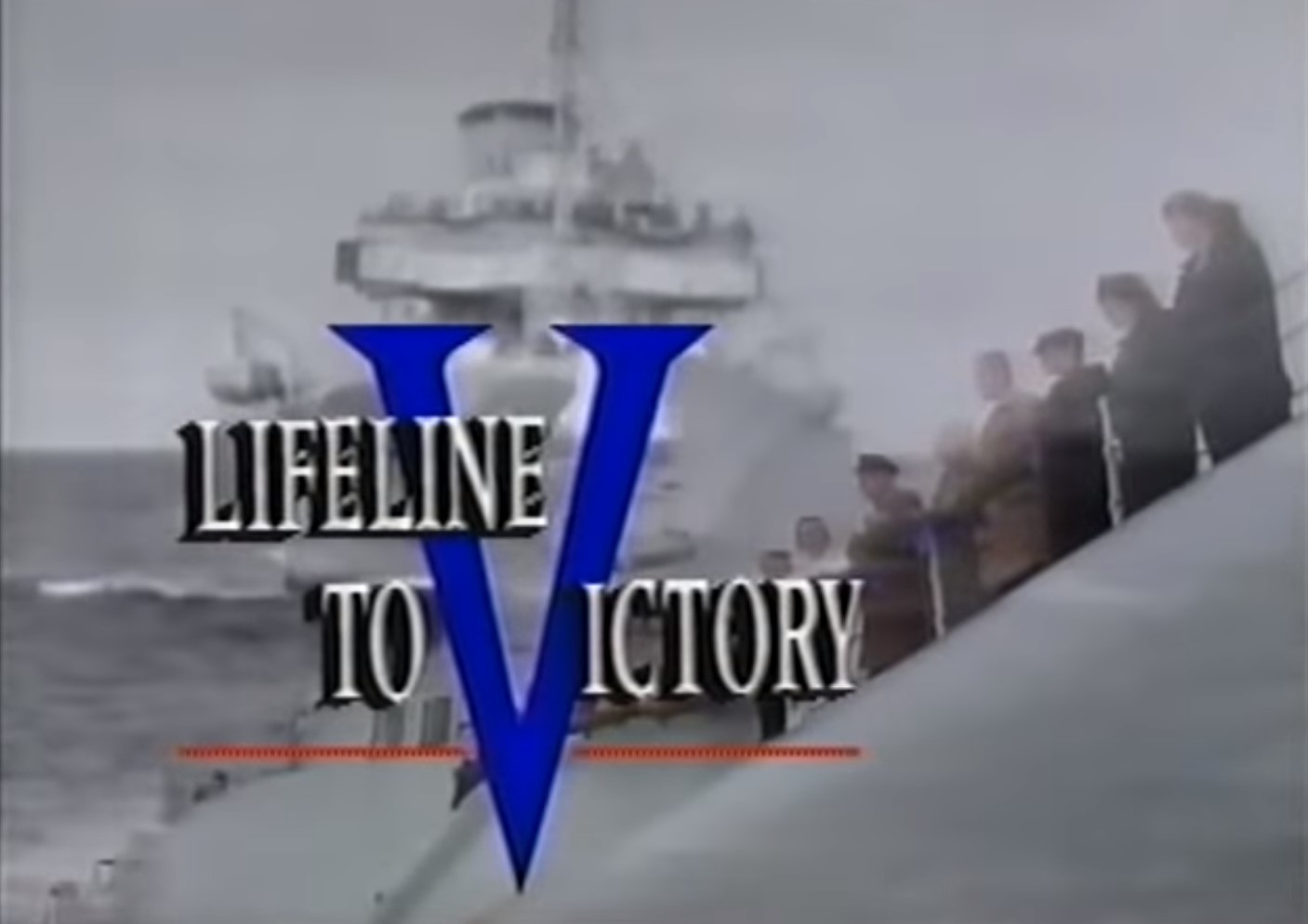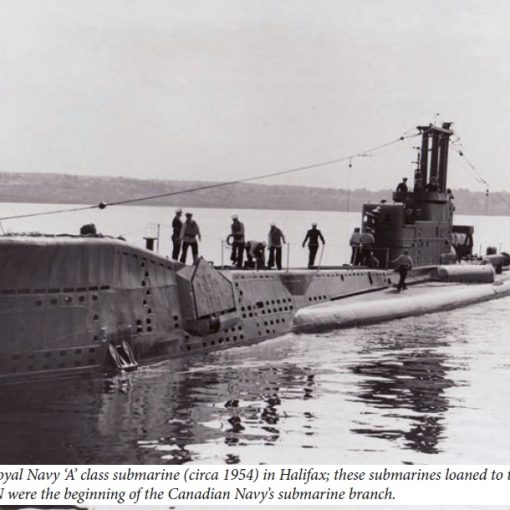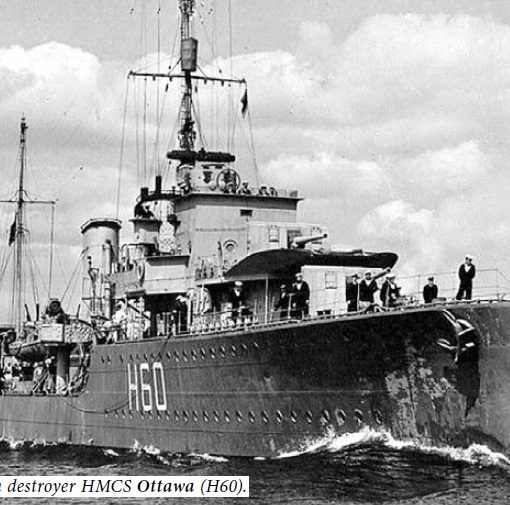By Les Mader, 4 December 2023
To my knowledge, only two movies have ever been made about the RCN – the World War II Corvette K 225 and the 1993 Lifeline to Victory. Of the two, I have always considered Lifeline to Victory to be the better. It stars some first-class actors and was filmed on location using CSS Acadia and HMCS Sackville. It is also the more historically accurate film, especially with respect to the RCN in the early years of the Battle of the Atlantic.
Sadly, it does not seem to have ever been rebroadcast on TV after its initial 1993 showing and I cannot locate it as a DVD. The last VHS tapes were sold over a decade ago.
Thus, I was very pleased to discover that it has been placed on YouTube at the attached link, which is provided for the enjoyment of the Broadsides Forum community.





6 thoughts on “A Movie about the RCN”
I remember seeing the movie and I just thought the tropes were pretty bad – The stuffy RN officer putting down the “colonials”, the CO having an English father and French mother, and the wooden gun. But I’ll have to see it again to refresh my memory.
Good morning Donald,
Tropes may be tropes, but stuffy Brits and the wooden gun are based in fact.
More importantly to me the film captures the reality of raw, minimally-trained crews manning hurriedly-built ships being sent directly into battle with no time for collective training. It is one thing to read about this in histories, it is something else to see it vividy portrayed – be it only in a movie.
Ubique,
Les
Quite right, Les. And the result, if memory serves, was that the RCN was largely pulled out of the Battle of the Atlantic (at its height) for re-training.
The CAF leadership stated in early 2023 that the institution requires a period of re-constitution if it is to regain its feet. Trouble is, it’s too busy to take a break. A combination of (external) demand-pull and (internal) government policy has seen to that.
Good morning Barnacle,
Very important point.
Wrt the RCN’s withdrawal from the Battle of the Atlantic, I found that the chapter on the RCN in that battle in the book linked below makes some very interesting points. I believe that it is well worth the read.
https://www.amazon.ca/At-War-Sea-Ronald-Spector/dp/0670860859/ref=sr_1_15?crid=1KMTWGD0702UK&keywords=at+war+at+sea&qid=1702130735&sprefix=at+war+at+sea%2Caps%2C91&sr=8-15
Dr Marc Milner has also looked at the withdrawal from battle in some of his books, in particular I believe (I no longer have the book) at the one at this link. He provides some very valuable information and context.
https://www.amazon.ca/North-Atlantic-run-Canadian-convoys/dp/0802025447/ref=sr_1_7?crid=DKK1V5UPK415&keywords=marc+milner&qid=1702131014&s=books&sprefix=marc+milner%2Cstripbooks%2C84&sr=1-7
From these two authors I have concluded that the entire question of the withdrawal was more complex than those who discuss it with a personal agenda would have us believe.
Hopefully, the CAF and RCN will find a way forward to a better place that does not require such a dramatic and fraught solution.
Fyi/fyc
Ubique,
Les
I also remember this film. I recall the actors walking into a not very majestic building, with the caption ‘British Navy headquarters’. The producers evidently couldn’t pronounce the word ‘Admiralty’.
At the time I thought it was a typical low-budget Canadian production: character-driven because there was no money to film a facsimile of a sea battle. I was reminded how the Brits simulated naval combat in ‘Sink the Bismarck’ (1960) and wondered why we couldn’t do the same 30 years later. I guess you needed Hollywood backing for that(?)
The same style was on display that same year in the 2-part miniseries ‘Dieppe’. No money for special effects, only a few simulated landing craft sitting on the placid water somewhere (Lake Ontario?) But, the producers did a reasonable job of recounting the planning stages of Op Jubilee, and the machinations of some of those involved.
Hi Barnacle,
I agree that there have been some truly awful portrayals of military service and events in movies, and not just Canadian ones. Wrt Lifeline to Victory I would simply say that “beauty is in the eye of the beholder.”
A nitnoid point in reply to your comment, the “British Naval Headquarters” shown in the film was not the Admiralty in London but rather the local escort command headquarters in a coastal city. Even if it had been the Admiralty, the movie’s producers would not have been able to assume that a non-specialist Canadian audience would have recognized the term “Admiralty” and truly understood its significance.
Ubique,
Les